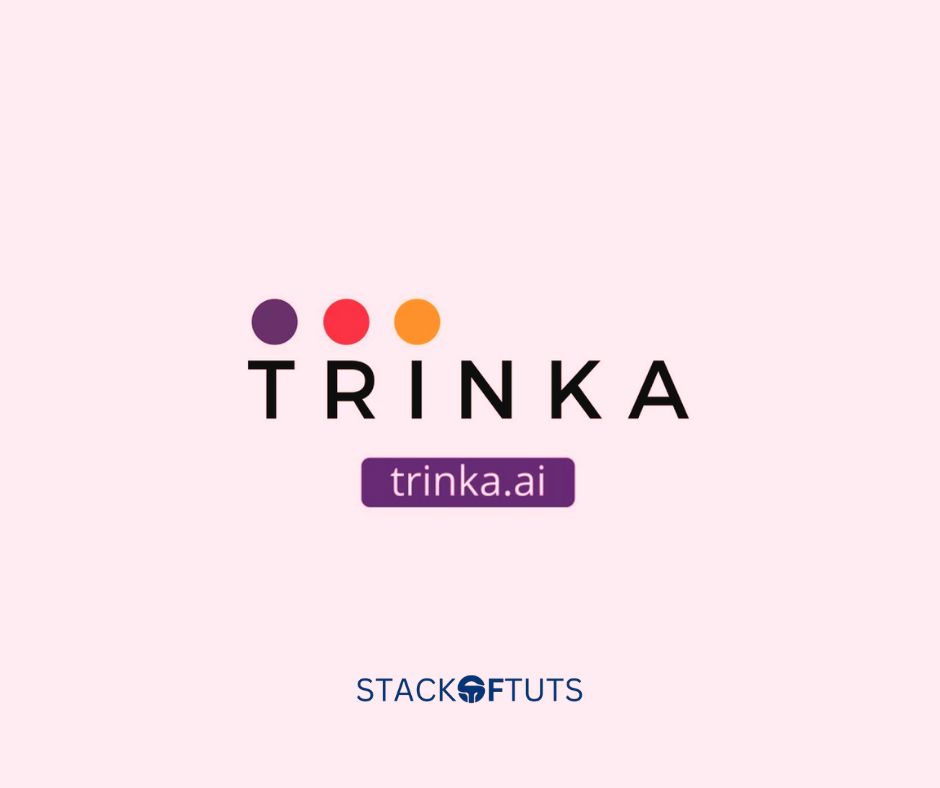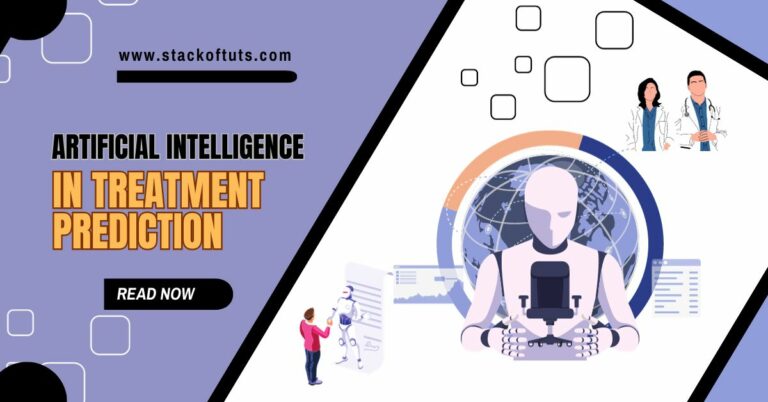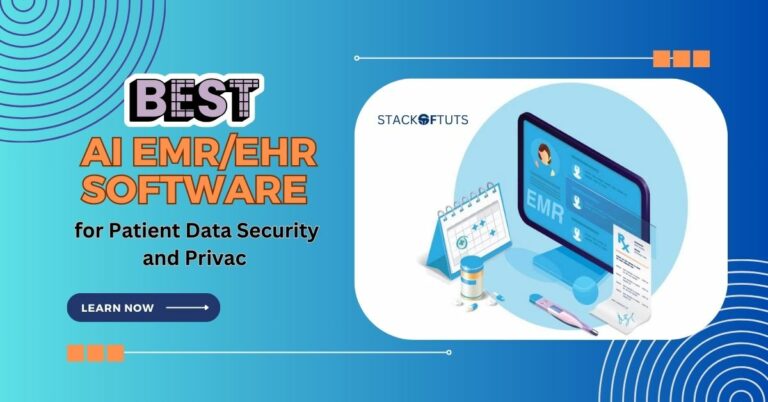
What is AI?
Artificial intelligence (AI) is a branch of computer science that deals with the creation and design of intelligent machines capable of performing tasks that typically require human intelligence. These can range from problem-solving and speech recognition to more specialized tasks, like assisting in academic research.
What are AI tools for academic research?
AI tools for academic research are specialized software or platforms powered by artificial intelligence designed to aid researchers in various tasks like literature reviews, citation tracking, grammar checking, and more.
How can AI tools help researchers?
AI tools can streamline the research process by:
- Providing quick access to vast amounts of data and literature.
- Offering insights through data analysis.
- Assisting in writing by checking grammar, style, and clarity.
- Tracking citations and references.
- Summarizing and highlighting key information from vast texts.
For a complete guide also read about Artificial intelligence used in Education dive into this link for exclusive insights and captivating discoveries!
Top AI Tools to Empower Your Academic Research: A Closer Look
- Google Scholar
- Scite
- Trinka
- Elicit
- Scholarcy
1). Google Scholar

Google created Google Scholar, a freely accessible web-based platform. It primarily indexes scholarly articles across a multitude of disciplines, making it easier for students, researchers, and academics to find scholarly works, including articles, theses, books, and conference papers.
Features of Google Scholar that are useful for academic research:
- Comprehensive Search: Gives access to a wide array of scholarly literature.
- Citation Tracking: This allows users to see how often a paper has been cited.
- Related Articles: Provides recommendations for related research.
- Access to Full-text: Direct links to journals or repositories for full-text access.
How to use Google Scholar effectively:
- Use quotations for exact phrase searches.
- Utilize the ‘cited by’ feature to find related works.
- Adjust settings to link to libraries or institutions for full-text access.
2). Scite

Scite is a platform that goes beyond traditional citation indexing. It provides “smart citations,” which means it shows how a particular work is perceived in later research – whether it’s supported, contradicted, or simply mentioned.
Features of Scite that are useful for academic research:
- Contextual Citations: Shows if a paper is supported or contradicted in subsequent research.
- Visualization: Graphical representation of citation context.
- Extensive Database: Covers a broad spectrum of disciplines.
How to use Scite effectively:
- Look for the ‘smart citation’ badge for quick insights.
- Use the visualization tool to understand citation trends.
- Filter results based on the context of citations.
3). Trinka

Trinka is an advanced AI-driven grammar and language checker specifically designed for academic and professional writing.
Features of Trinka that are useful for academic research:
- Grammar Checks: Identifies and corrects grammatical errors.
- Style Enhancements: Offers suggestions to make writing clearer and more academic.
- Terminology Corrections: Flags incorrect terms and offers suitable replacements.
How to use Trinka effectively:
- Paste your academic text into Trinka’s editor.
- Review and consider the AI’s suggestions.
- Utilize the specialized checks for academic terminology.
4). Elicit

Elicit employs AI to extract data, figures, and tables from scientific papers, aiding researchers in gathering information efficiently.
Features of Elicit that are useful for academic research:
- Data Extraction: Automatically pulls out data and figures from literature.
- Easy Collation: Provides a streamlined view of extracted data.
- Quick Overview: This allows researchers to get a quick gist of the content.
How to use Elicit effectively:
- Upload or link the desired research paper.
- Let Elicit process and extract data.
- Review and organize the extracted information.
5). Scholarcy

Scholarcy is a tool designed to make the literature review process easier. It summarizes research papers and extracts essential information.
Features of Scholarcy that are useful for academic research:
- Summaries: Provides a condensed version of lengthy papers.
- Key Information Extraction: Pulls out important details like methods, findings, and conclusions.
- Flashcards: Create revision flashcards from the paper’s content.
How to use Scholarcy effectively:
- Input the link or upload the research paper into Scholarcy.
- Review the generated summary and extracted information.
- Use flashcards for quick revisions.
Impact of AI tools on academic research
The introduction of AI tools has revolutionized academic research by:
- Reducing the time taken for literature reviews.
- Enhancing the accuracy of data analysis.
- Improving the quality of academic writing.
- Providing a platform for collaboration and information sharing.
FAQs
Yes, most AI tools for academic research undergo rigorous testing and are based on vast databases, making them reliable. However, human oversight is always recommended.
No, AI tools act as aids or assistants to human researchers, streamlining processes but not replacing the critical human touch.
While AI tools offer numerous benefits, they might not capture nuances or context as humans do. It’s essential to use them as complementary tools alongside human judgment.
Some tools, like Google Scholar, are free, while others might offer both free versions with limited capabilities and paid versions with advanced features.
Conclusion
The Top AI Tools to Empower Your Academic Research have undeniably transformed the research landscape, making processes more efficient and enhancing the quality of output. As AI continues to evolve, it’s exciting to envision the further potential it holds for the academic world.
Do remember that while AI tools offer invaluable assistance, the essence and depth of human understanding and judgment remain irreplaceable. Always use these tools as aids, not substitutes.
Thanks!





